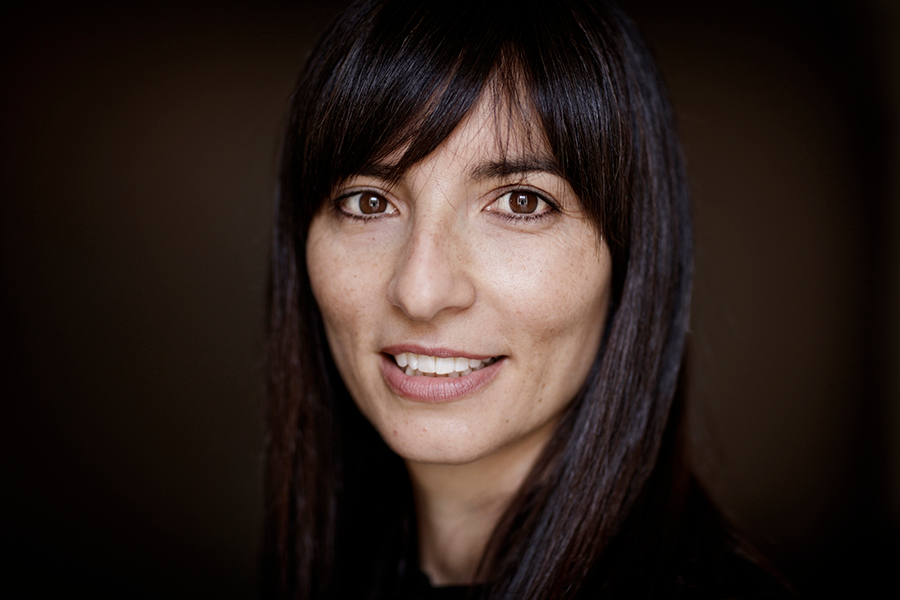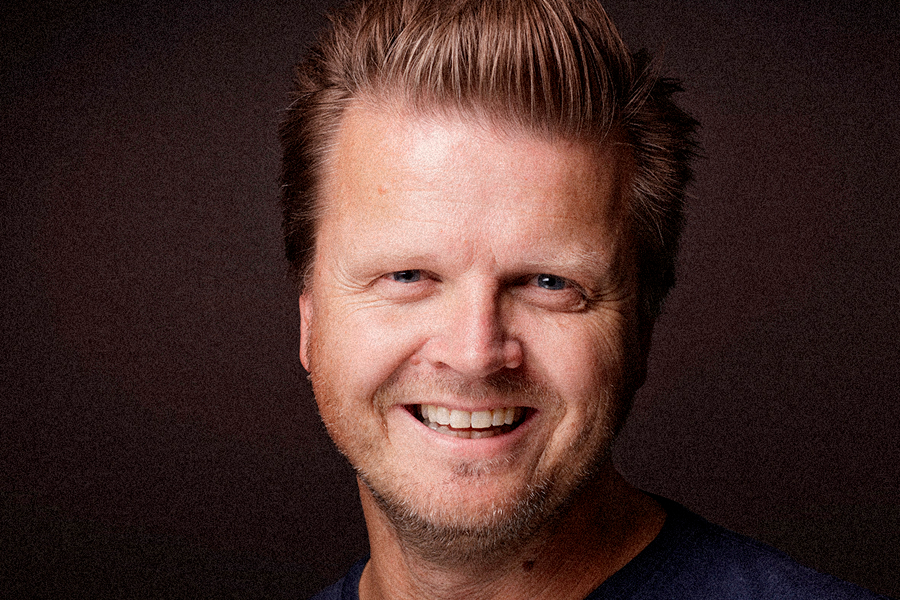PRICE
€ 599 (excluding VAT) / including lunch - if you are working for a company.
If you sign up with two participants of the same organisation, the price will be € 549 (excluding VAT - including lunch) per participant.
If you sign up with three to five participants of the same organisation , the price will be € 499 (excluding VAT - including lunch) per participant.
€ 399 (excluding VAT) / including lunch - if you are a freelancer.
FOR WHO
The training is a hands-on experience aimed at scientists and researchers, but also designers working in a setting that requires science to be presented effectively to capture and mobilise the imagination of an audience.
We usually have an international group of participants, from the field of science, information design and communication.
PRACTICAL INFORMATION
-
Data Visualisation for Science
How can we visualise science in clear, powerful and engaging ways to meet the needs of our audiences? How can we foster an inclusive design process to ensure authentic participation? How can we deconstruct complexity and transform data into effective tools for decision making? How can we unlock the power of data visualisation on a systemic level in scientific organisations to expand their work's impact and reach?
The course is a hands-on experience aimed at scientists and researchers, but also designers working in a setting that requires science to be presented effectively to capture and mobilise the imagination of an audience. Participants will be introduced to the world of information design and data visualisation where the intersection of text and image, perception and cognition, process and leadership, beauty and function, logic and emotion, enables us to reveal the wealth of information within the data and to deliver effective messages.
In a world where polarisation and misinformation are among the top risks for the coming years, critical thinking and evidence-based decision-making are crucial in tackling challenges such as disease, social inequality, and climate change. Data visualisation is vital because it enables researchers and scientists to communicate complex information and support informed decisions, playing a key role in our collective response to these issues.
The course will unfold through four modules, incorporating lectures to gain the theory, case studies for inspiration, hands-on tasks to apply the theory, and discussions for reflecting and learning from one another. The course is designed to provide concrete tools and techniques essential for immediate application in participants' daily work.
Content
The following modules will be covered:
Module 1: The co-design Process - As a major domain of design research and practice, ‘co-design’ encapsulates a way of approaching data visualisation that ensures a deep and shared understanding between those creating the visuals and the audience. Participants will explore co-design methods for visualisation projects aimed at including multiple stakeholders and perspectives, and methods for co-creating visualisations. Takeaway: Gain step-by-step tools for ensuring authentic participation.
Module 2: The toolkit - This module offers participants the chance to familiarise themselves with the essential components of a toolkit that Angela and Tom have refined over 18 years of working with scientific organisations. The tool kit focuses on methods for transforming scientific findings into clear and accessible narrative. Takeaway: Gain a basic knowledge of concrete tools for building meaningful visualisations.
Module 3: The power of storylistening- Participants will explore the dynamic between evidence and storytelling, learning to craft compelling narratives that resonate with the audience needs while balancing rigour and creativity. Takeaway: Gain skill in techniques for creating compelling narratives.
Module 4: The data story - In this concluding module, participants will put into action the knowledge acquired from previous modules to prototype a visual narrative tailored to their audience's needs. Takeaway: Gain hands-on experience in transforming knowledge into practice.
This project is supported with funding from the Ministry of Foreign Affairs/Design and Architecture Norway (DOGA)
Trainer

Angela Morelli is an Italian information designer based in Norway. She is the CEO and co-founder of InfoDesignLab. From climate change to health, she has worked with a wide range of scientific organisations and professionals including the Intergovernmental Panel on Climate Change (IPCC), the European Environment Agency, the Norwegian Institute of Public Health, the Center for Climate Research in Norway and the World Meteorological Organization.
Her goal is to co-design engaging solutions that empower audiences and support informed decision-making. She is an acclaimed international speaker and has regularly taught at e.g. the Oslo School of Architecture and Design and Central Saint Martins University in London. Read her full profile.

Tom Gabriel Johansen is an award-winning Norwegian information designer. He is the co-founder of InfoDesignLab and has over 20 years of experience in design, ranging from design leadership to board games, interaction design to data visualisation. He has worked with a wide range of scientific organisations. Tom also worked as a special advisor for Statistics Norway and as a member of Eurostat’s Visualization Task Force. For seven years, he worked at the Norwegian Broadcasting Corporation (NRK), embedding design and information visualisation into the news-floor operation.
He is an advocate for the value of cross-collaboration among different professions and enjoys working closely with journalists, researchers, scientists and activists. He is an acclaimed international speaker and has regularly taught at e.g. the Norwegian Institute of Journalism, the Oslo MET University and BI Norwegian Business School. Read his full profile.
